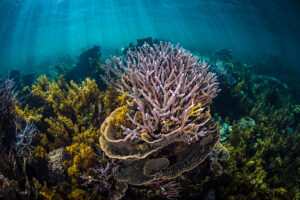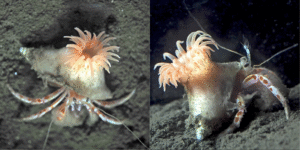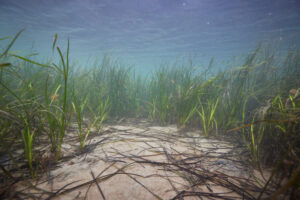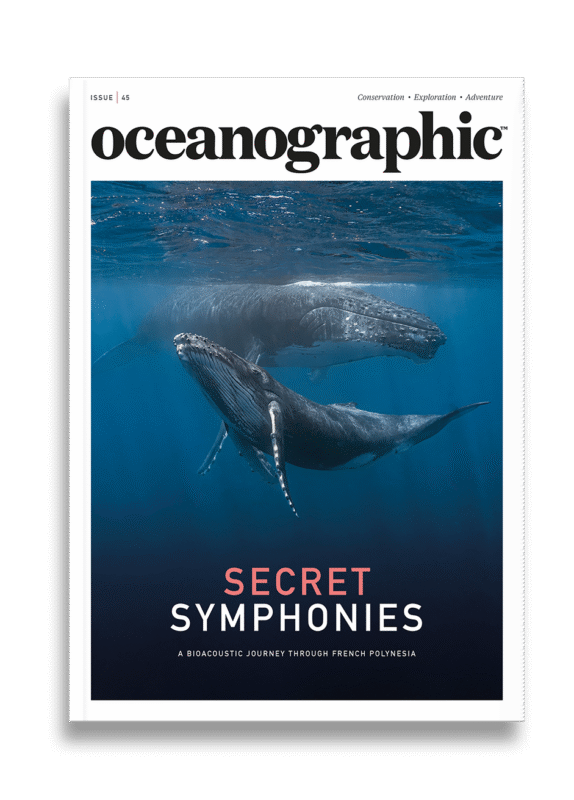High survival rates offer hope for UK’s catch-and-release sharks
Researchers tagged nearly 70 blue, porbeagle, and tope sharks across the British Isles to find that fewer than five percent of the animals - just three individuals, one from each species - failed to survive under catch-and-release sustainable fishing methods.
A new study has revealed that the majority of sharks caught and released by recreational anglers in British waters survive the experience – provided that best-practice handling guidelines are followed.
Researchers from the University of Exeter, working in collaboration with Edinburgh Napier University, the Government of Jersey, and other partners, tagged nearly 70 blue, porbeagle, and tope sharks across the British Isles. By tracking their post-release movements, the team found that fewer than five percent of the animals – just three individuals, one from each species – failed to survive.
“Our results suggest survival rates are high when sharks are caught and released within current best-practice guidelines,” said lead author Francesco Garzon of the University of Exeter.
While all three mortalities involved sharks that were released in apparently good condition, two – one porbeagle and one tope – had been deep-hooked and were released with the hooks still embedded to prevent further injury. None of the three showed visible trauma.
Each shark was fitted with a data-gathering tag that remained attached for up to 45 days before detaching and transmitting a signal confirming the shark’s survival. Sixteen of these tags were later recovered, providing detailed insight into post-release behaviour and depth use.
Immediately after release, all three species made rapid descents into deeper waters – behaviour thought to help them escape potential threats and re-oxygenate their gills. According to Garzon, most sharks showed signs of recovery within 24 hours, though porbeagles sometimes took longer to stabilise.
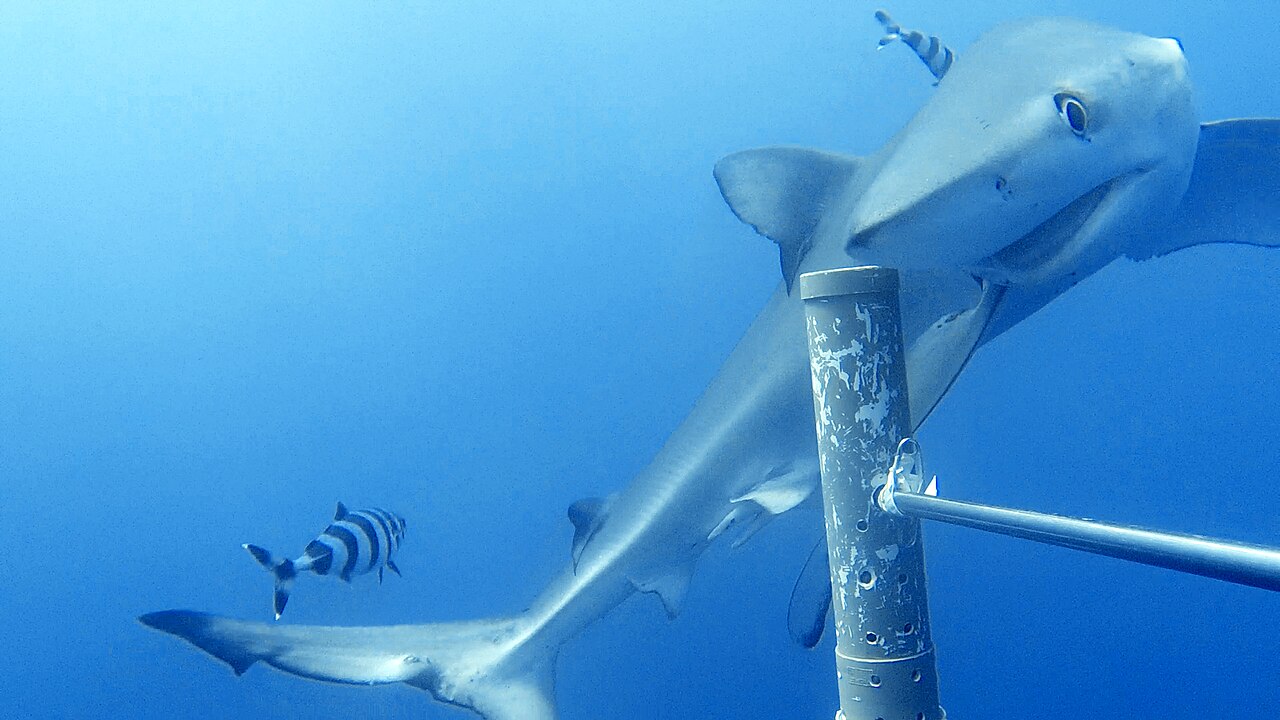
The findings, published in the ICES Journal of Marine Science, offer the first comprehensive assessment of post-release survival for recreationally caught sharks in European waters. They underscore the importance of careful handling and adherence to established angling guidelines.
Modern shark fishing across the British Isles is now almost entirely catch-and-release, yet practices vary widely between anglers and regions. With porbeagle sharks listed as Critically Endangered, tope as Vulnerable, and blue sharks as Near Threatened on the IUCN Red List, responsible angling could play a crucial role in supporting conservation efforts.
The research was supported by the European Maritime and Fisheries Fund, Marine Fund Scotland, and the NERC GW4+ DTP, with guidance from the Shark Trust and assistance from fishers, skippers, and Shark Hub UK.
The full paper, ‘Survival and recovery of three shark species in North-East Atlantic recreational fisheries,’ is available in the ICES Journal of Marine Science.


"*" indicates required fields
Printed editions
Current issue
Back issues
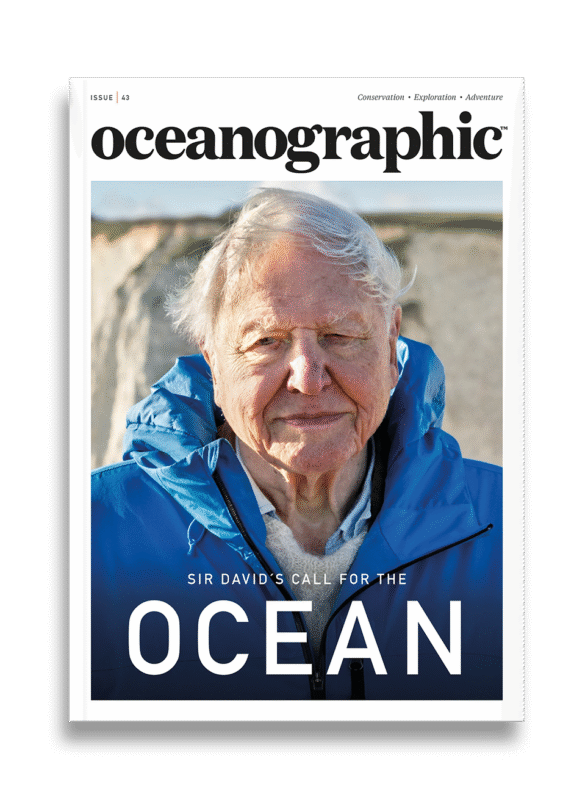
Back Issues
Issue 43 Sir David Attenborough’s ‘Ocean’

Back Issues
Issue 41 Holdfast to the canopy
Enjoy so much more from Oceanographic Magazine by becoming a subscriber.
A range of subscription options are available.


